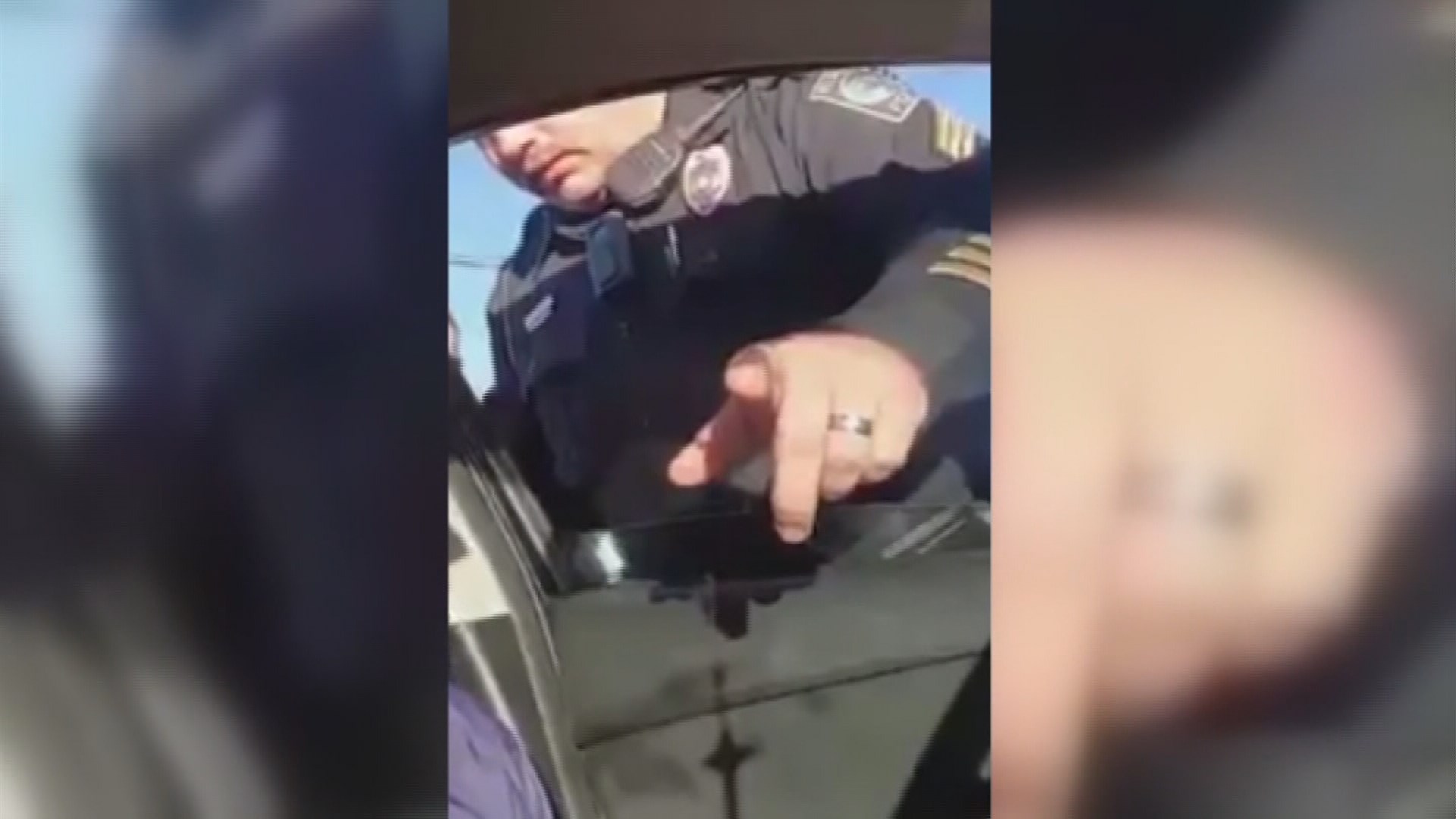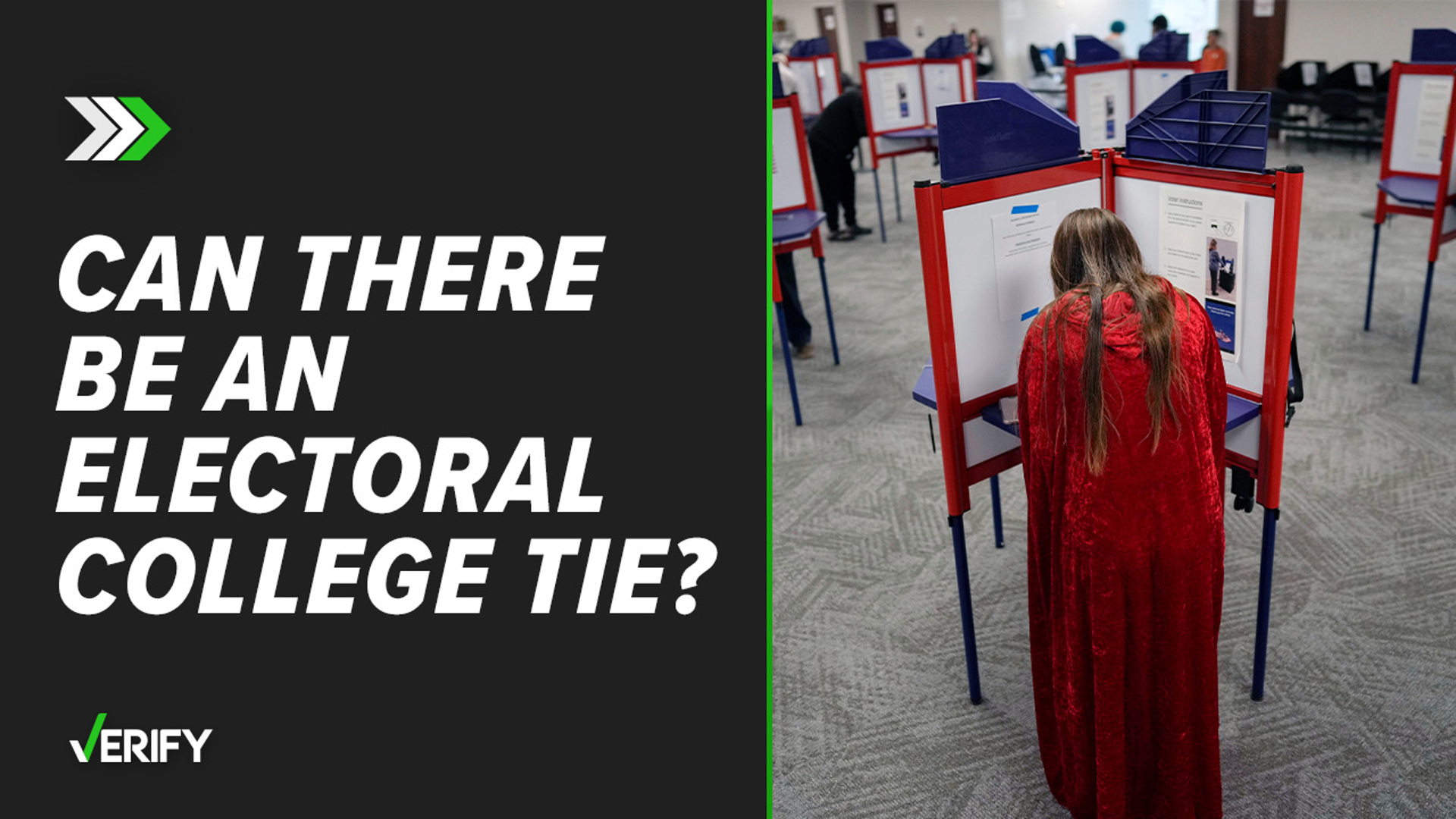A police officer was caught on camera lying about the law when he pulled over an Uber driver in North Carolina last month.
Little did the officer know, he was talking to an Uber driver who was also an attorney, Jesse Bright.
He told Bright it's illegal to record video of a police officer.
"Turn that off," the officer said.
"No. I'll keep recording. Thank you," Bright said.
The off-duty attorney got pulled over after dropping off a passenger. The video shows the officer telling Bright he had just taken that passenger to a known drug house.
The exchange heated up quickly.
Officer: Don’t record me. You got me?
Driver: Look, you’re a police officer on duty. I can record you.
Officer: Be careful because there is a new law. Turn it off or I’ll take you to jail.
Driver: For recording you? What is the law?
Officer: Step out of the car.
Sandra Chidi-Nwagwu, San Antonio attorney and counselor at law, said Bright was right.
"Now if he was in their face and shoving a camera in there or preventing them from executing a lawful arrest, that's a little bit different," Chidi-Nwagwu said.
Bright said he tells all his clients to record interactions with law enforcement, and worries incidents like his are happening too often.
"If he's willing to directly lie to me, and tell me this is against the law to film police, then it worries me you know most people when they're given an order by an officer they don't know that it's an unlawful order," Bright said.
Here are rights when it comes to recording a traffic stop:
• You can film police as long as it does not interfere with officer's duties.
• You must be on public property or your own property to record. If on some private properties, you may need to ask permission before recording.
• Police can't tell you to stop recording.
• You must record in an open and obvious manner.
• Officers can record you and are not required to tell you when they are doing so.


